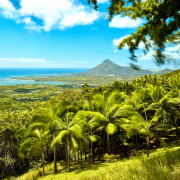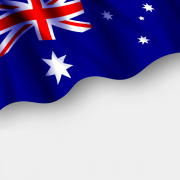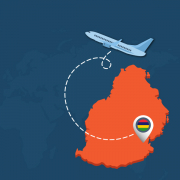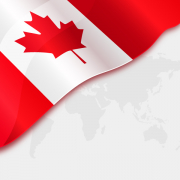SA Companies Import Critical Skills As Local Pool Can’t Plug The Hole
/in Archived, News /by xp-adminYet government’s draft list of critical skills now contains only half as many engineering professions as it did six years ago.
Marisa Jacobs, managing director at Xpatweb, which conducted the survey, says that chemical and electrical engineers, for example, were excluded from the department of home affairs’ new draft list.
The list was published in February after being updated for the first time since 2014.
Foreigners with skills on this list who want to come to work in South Africa can get a work visa much faster than those who are not. If your skill isn’t on the list, you may wait for up to six months longer for a work visa, says Jacobs.
The list contains skills that are important for the country’s strategic priorities, which are acute or may be in short supply in the future. It also contains skills that take a long time to develop.
Xpatweb, which helps companies recruit experts abroad, has been conducting surveys to collect real data among listed and multinational companies for the past five years on critical skills they are struggling to fill from the local market.
Jacobs says the latest survey, the largest to date, involved 220 respondents.
It shows that most respondents recruit foreigners for critical positions through LinkedIn (31%) and recruitment agencies (25%).
A total of 15% recruit from Europe, 14% from India and 13% from the UK, while 7% recruit largely in China and the US.
Jacobs said in a workshop this week that the survey shows that engineers, scientists, tradespeople (especially electricians), specialists in healthcare and accounting, as well as senior financial managers are among the positions that businesses in South Africa struggle the most to fill.
More than 80% of respondents are looking for engineers with three or more years of work experience, while 35% need engineers who have an honours degree.
On the new draft critical skills list, however, there are 22 fewer occupations in the category for engineers than there were on the 2014 list.
The 2014 list contained 41 occupations in the category, but now there are only 19 – 11 of which appear for the first time, Jacobs says.
Certain skills were re-included after the results of the survey became known and Xpatweb submitted comments on the draft list.
They include industrial engineer and technologist; engineering manager; mechanical engineering technologist; fitter and turner; registered nurse for child and family care, and for mental health; actuary; food and beverage scientist; and quantity surveyor.
Jacobs says media and marketing specialists, executives, information communication technology specialists and foreign language-speaking workers are also scarce locally.
The draft list does not provide at all for people who are proficient in foreign languages.
City Press reported earlier that this has implications for call centres. The greatest need is for French speakers, followed by those who speak Dutch and Mandarin.
According to Jacobs, companies also have a great need for CEOs, as well as executive operations and financial managers, but of these so-called C-suite skills, only “chief information officer” currently appears on the draft list.
She says the category “general manager”, one of the most popular visa categories under which companies can now bring in CEOs, has also been omitted.
Encouraging is the inclusion of eight new professions or skills in the accounting sector after they were identified as scarce skills by the first survey. These include accounting officer, financial accounting and forensic accounting, and tax expert.
According to Jacobs, the business world still needs to provide its input on what it needs because the list has not yet been finalised. That will probably happen later this year.
Once it is finalised, foreign workers with skills that do not appear on the list will not be able to obtain a work visa swiftly, even if a company urgently needs their services.
Other visas will then have to be applied for and this process can take much longer, she says.
Jacobs advises companies to apply for the renewal of work visas for foreign employees whose skills are no longer on the new draft list. This will prevent them from being caught off-guard.
Sourced: Netwerk 24





